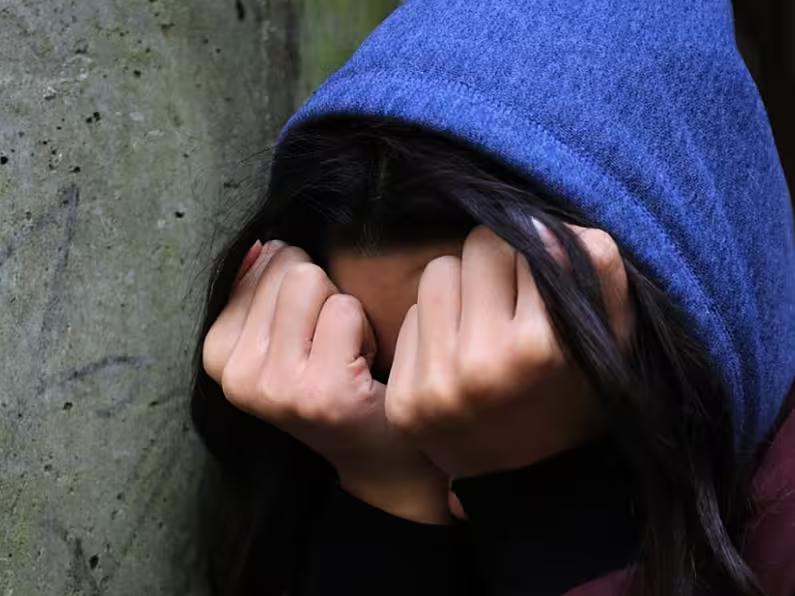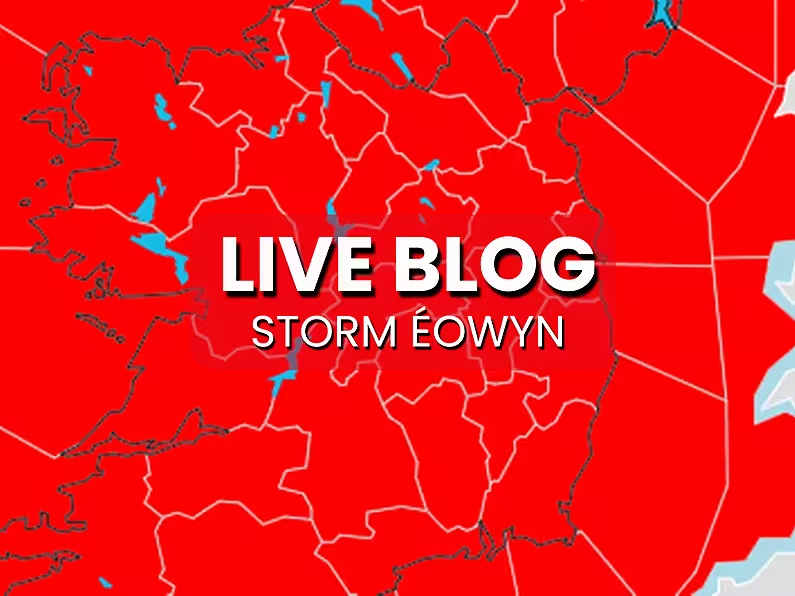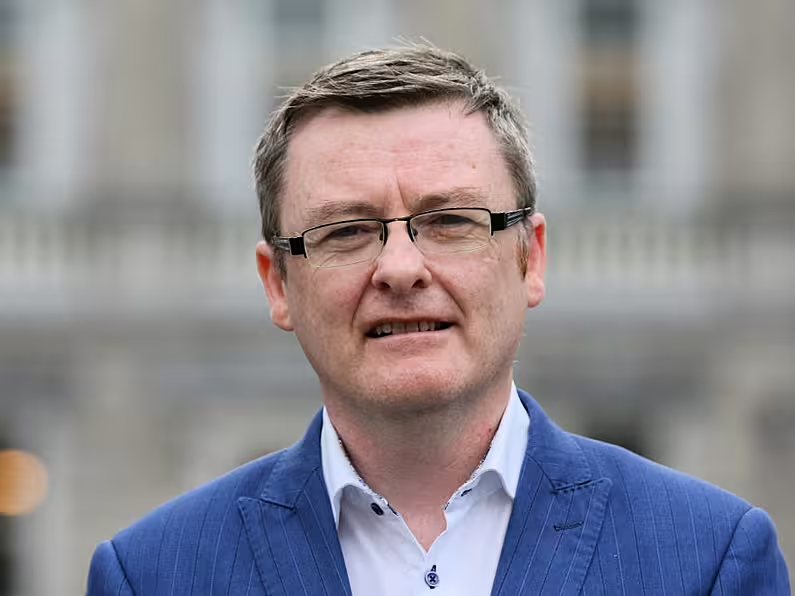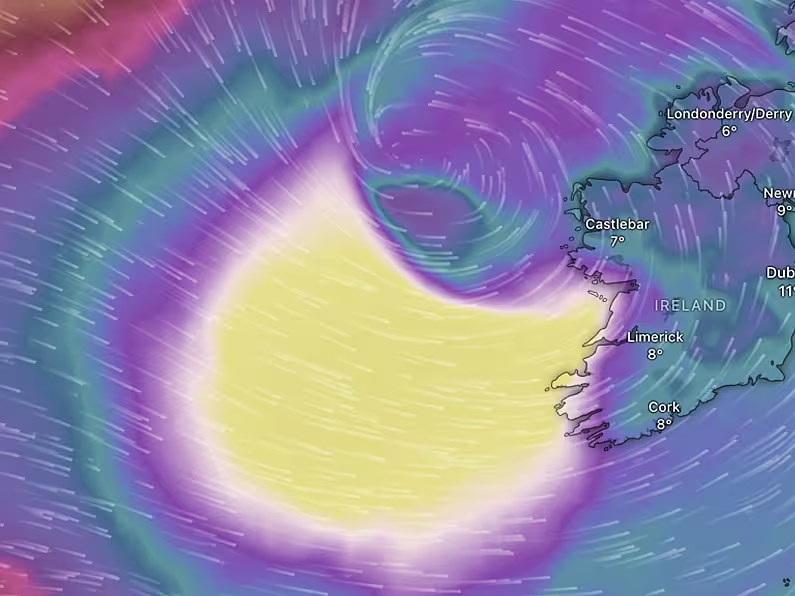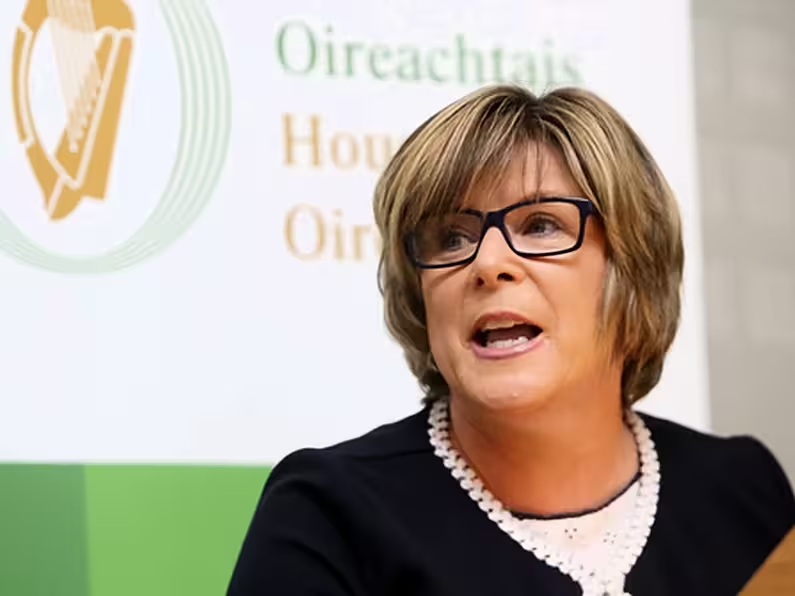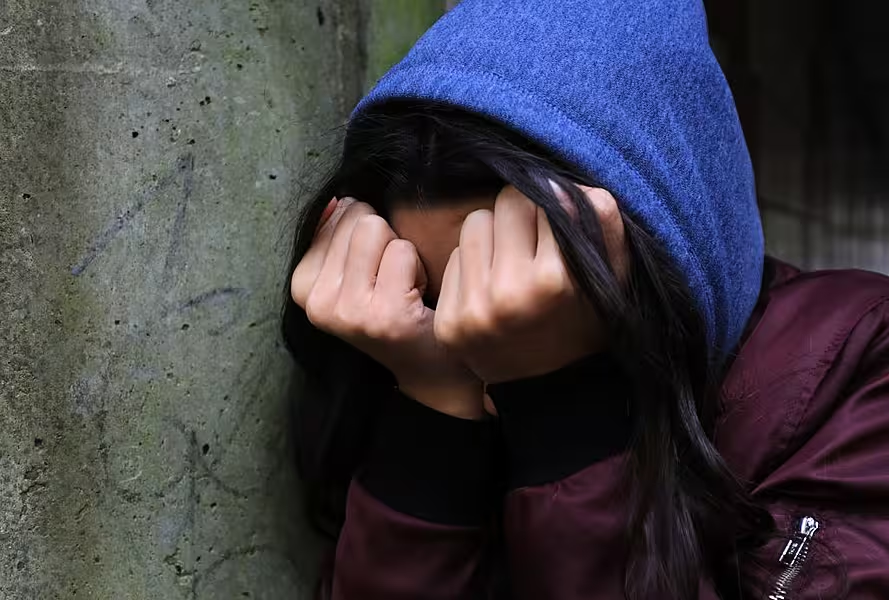
David Young, PA
Emergency measures must address the pressures on mental health services in Ireland caused by the pandemic, an Oireachtas report has warned.
A 24-hours-a-day suicide prevention team is among the supports needed to cope with the situation, the sub-committee on mental health said.
TDs and senators on the sub-committee have published an interim report on Covid-19’s effect on mental health services in the community.
Among the issues examined were the mental health consequences of the disruption to the normal grieving process, such as coronavirus restrictions on funerals and accessing palliative care facilities.
The sub-committee made a total of ten recommendations to the Government. Among them is a call for universal free access to counselling.
The Sub-Committee on Mental Health chaired by Senator @frances_black has launched its Interim Report on Covid-19 and its effect on Mental Health Services in the Community which makes 10 recommendations #seeforyourself https://t.co/wGS6pVbhAo pic.twitter.com/9AobiyyujA
— Houses of the Oireachtas - Tithe an Oireachtais (@OireachtasNews) July 28, 2021
Sub committee chairwoman senator Frances Black said: “Covid-19 and the public health restrictions that have been implemented in response to the pandemic have been linked to an increase in mental health issues, including anxiety and depression and an increase in demand for mental health services.
“The voices of people working on the ground, at a local level, in both urban and rural communities nationwide, trying to meet that demand, need to be heard and listened to, and their concerns regarding mental health support services need to be addressed.
“Today’s interim report makes recommendations in response to those concerned voices, from groups working in the area of mental health supports and information about the services provided by them to vulnerable communities, and in particular the extra challenges they face as a result of Covid-19.
“Mental health support services were always somewhat lacking but it is clear that urgent action is needed now more than ever to address that void. Long waiting lists to access care need to be urgently addressed.
“Free universal access to counselling is one way of removing barriers to people getting the appropriate help they need when they need it.”
Other recommendations in the report include:
- Prioritise the development of a plan to improve access to critical mental health services.
- An increase in state funding for mental health services.
- More resources for specialist mental health services for youth services, international protection applicants and Travellers.
- A national health campaign highlighting issues around addiction.
- More support for community actions that strengthen social cohesion and reduce loneliness.
- More state engagement with organised community groups.



